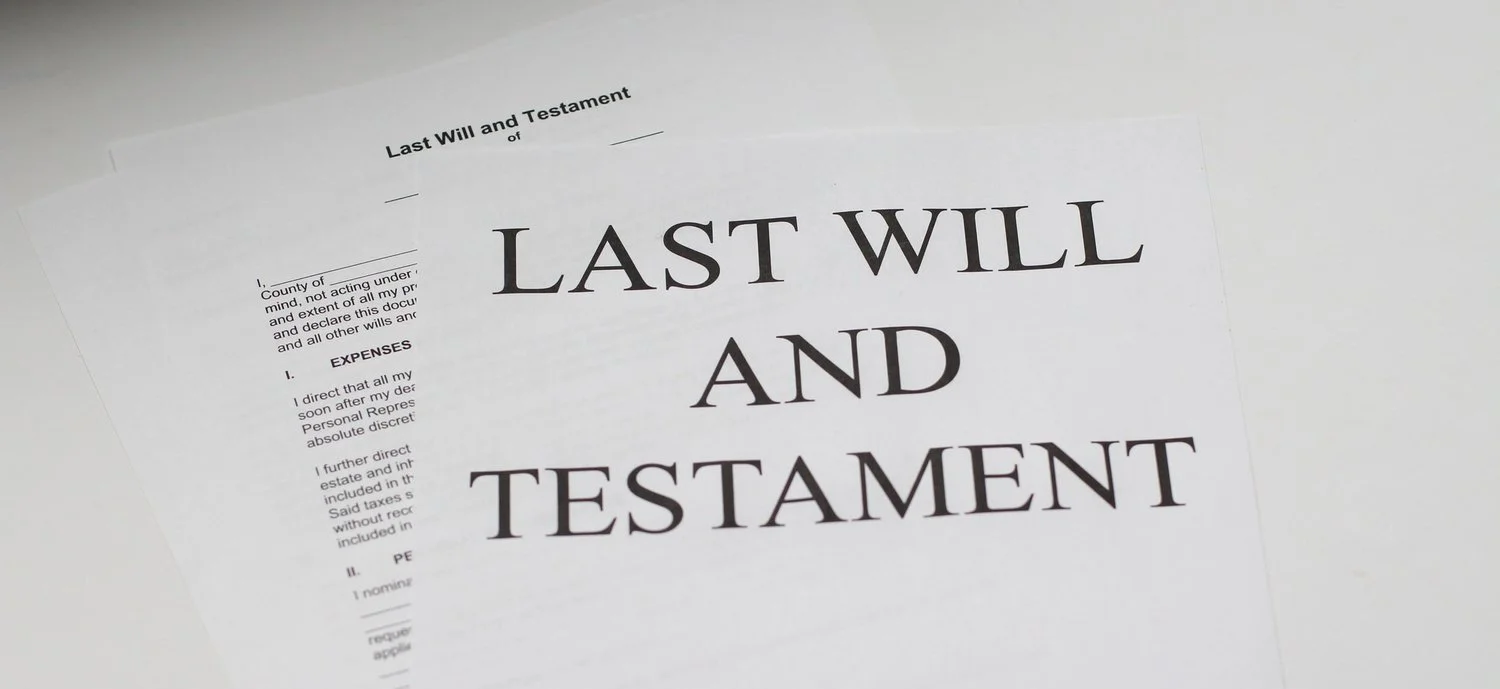7 Things To Consider When Writing Your Will
It is important to have a will to save your friends and family a lot of extra stress in the event that you pass away. We have compiled a list of things to consider when writing your will.
THE ASSETS
Make a list of everything you own, perhaps in categories and note their approximate value, and if there is any money owing such as a mortgage or loan. Ensure someone other than you knows where the title for your home is. A diagram that sets out your assets and liabilities on one page is ideal.
THE SENTIMENTAL THINGS
It's important not to forget the smaller things that have a more intrinsic, personal or emotional value. Things like family heirlooms or jewellery that you wish to leave for specific family or friends.
THE FUNERAL
To ensure those close to you and your executor are firmly aware of your wishes, you may want to include details of your funeral and what happens to once you pass away. Don't forget to consider if you wish to be an organ donor or if you wish to be buried or cremated and where you wish to rest.
THE EXECUTOR
The executor of your estate is the person you allocate to manage your estate when you pass away. This role includes the responsibilities of collecting your assets, paying off your debts and the ongoing management of your assets until the administration and distribution of your estate is complete.
THE BENEFICIARIES
The beneficiaries are the people you nominate to receive something in your will. It is important to state specifics of what your beneficiaries will receive, whether it be a percentage, a whole or a share in your assets. In some cases you may wish to nominate a charity for a portion of your estate. Make sure you include your beneficiaries specific details such as contact details and address, which will help the executor when allocating and distributing your assets.
THE ENDURING POWER OF ATTORNEY
When creating your will, it may be a good time to consider your powers of attorney. By appointing an enduring power of attorney it allows you to assign someone as an authority to make decisions on your behalf, should you lose the capacity to do so yourself.
THE FINANCIAL PLANNER OR ACCOUNTANT
By providing details of your Financial Planner or Accountant, you will make your executors role much simpler. Your executor will need to contact them to confirm your financial details. They also may become helpful in providing advice to the beneficiaries regarding their inheritance, as sometimes they may need tax or investment advice.

